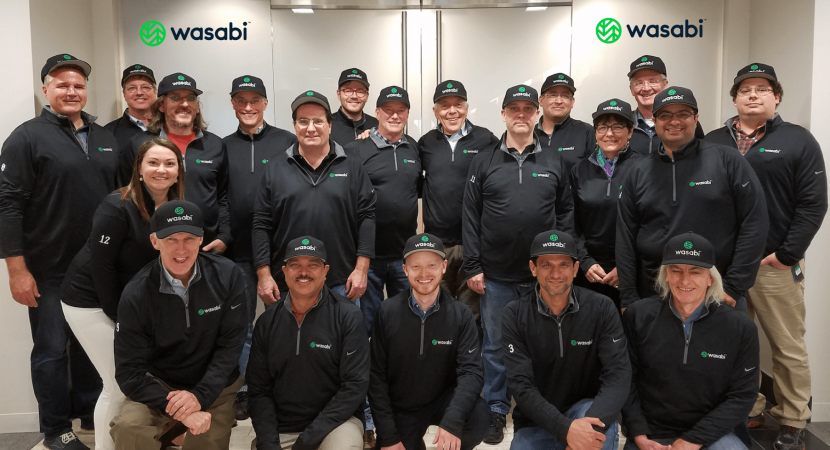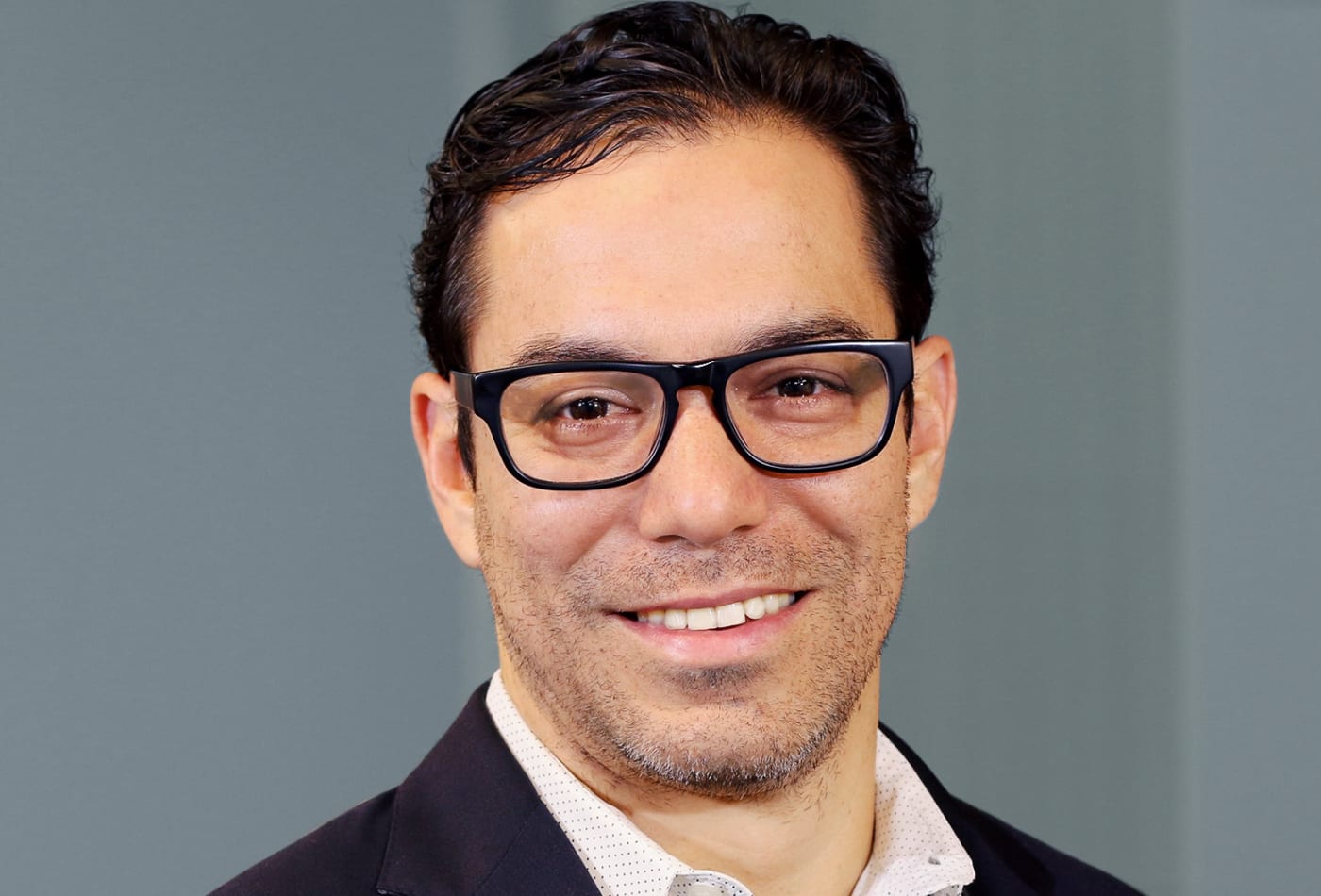-
Wasabi is a highly scalable cloud storage platform
-
Founded by ex-Carbonite Co-Founder in 2017, Wasabi grew 500% over the last 12 months
-
David Friend and founding team spent $20m on MVP before first dollar of revenue
-
The first 100 customers came from a $2m ad campaign targeting AWS searches
With more companies moving away from in-house solutions, cloud storage is one of the fastest growing technology sectors of all. One recent report anticipates that the market size will grow to $106.71 billion by 2024, up from $32.72 billion last year.
Amazon’s S3 online storage service dominates the commercial market, but one Boston-based startup is shaking up the scene with a competitive advantage that’s hard to beat.
Wasabi is a cloud platform offering enterprise-class, instantly available online storage that’s compatible with the AWS S3 interface for simple integration with leading storage applications. It helps a growing number of clients overcome the cost burden of AWS S3 and move their data freely without egress fees or API request charges.
How Wasabi got First 100 Customers
With a net revenue retention of 170% and an annual growth rate of 500%, Wasabi’s success provides hard evidence that it’s possible to not just to survive in a market dominated by Big Tech, but also to thrive.
Wasabi earned its first paying customers in 2018 thanks to the advantages it offers over the competition. Not only is it 80% cheaper than the industry-leading Amazon S3; it’s also provides unparalleled performance and durability. Moreover, it doesn’t charge any fees for data egress or API requests, and its fully compliant with the S3 interface to make it easy for users migrating from AWS.
Focussing on these benefits, Wasabi was quick to position itself as an attractive alternative to S3. During its first year, it invested $2 million in advertising to appear alongside AWS in the search results and boost brand visibility in various other platforms including online and offline technology journals and radio.
Why Wasabi Invested $20 million in its MVP
Wasabi co-founder and CEO David Friend has a long history in cloud computing. Also the co-founder of highly successful cloud backup vendor Carbonite, he had ample knowledge and experience to bring to the table. This helped raise $80 million from investors, but the MVP was funded largely from Wasabi’s own pockets.
To differentiate itself from its establish competitors, Wasabi’s creators developed a proprietary file system based on what they’d learned from Carbonite. The file system affords more efficient use of storage space while substantially improving data redundancy and resiliency. They now guarantee a data durability of 11 nines.
How Did Hosting Company Wasabi Hit 15,000 Customers?
With an average monthly revenue per user of around $100, Wasabi caters to organizations of all sizes from small businesses to major enterprises and universities. Able to implement new storage facilities in as little as 90 days, it’s able to scale with demand and easily accommodate clients needing to store data in the order of petabytes. Thanks to the scalability of their own business, they’re able to accommodate clients substantially larger than themselves as well.
Today, Wasabi is more reseller-focused, with some of their partners bundling their solutions with their own products. They retain an in-house sales team in the US, while European clients are exclusively served by approved Wasabi partners. Thanks to the rapid growth of the reseller portfolio, the number of users continues to increase exponentially. Wasabi is also appearing at more trade fairs as it solidifies its position as a disruptive player in the industry.
Will Wasabi Beat Amazon AWS?
That’s the half-a-trillion dollar question, if a recent analysis of AWS’s market size are anything to go by. It might seem impossible to keep up with such a giant, but Wasabi is busy proving otherwise.
While it’s certainly got a long way to go before it can establish itself alongside Amazon, it’s edging closer to winning a sizable slice of the cloud storage pie. That’s because it’s faster and cheaper, it doesn’t compete with its customers, and it’s focused entirely on online storage. By contrast, Amazon has long tried to be everything to everyone, which also means it’s not best placed to out-innovate a more agile startup with a singular goal.
With the need for highly scalable storage solutions only continuing to grow, it’s only reasonable to expect Wasabi’s growth to continue too. One day not far from now, it might be the biggest player in the space.
Data for graphs
Revenue
2017: $0
2018:
2019: $18,000,000
2020:
Funding
2016: $8,200,000 (Seed)
2017: $19,000,000 (Series A, Series B)
2018: $68,000,000 (Series B)
2019:
2020:
Customers
2017:
2018:
2019: 15,000
2020:
Source
https://www.crunchbase.com/search/funding_rounds/field/organizations/num_funding_rounds/wasabi-technologies-inc











